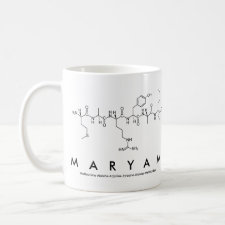
Authors: Bahrani S, Ghaedi M, Arabi M
Article Title: Construction of molecularly imprinted nanoparticles by employing ultrasound waves for selective determination of doxepin from human plasma samples: Modeling and optimization.
Publication date: 2019
Journal: Biomedical Chromatography
Volume: 33
Issue: (12)
Article Number: .
DOI: 10.1002/bmc.4675
Abstract: In this work, molecularly imprinted nanoparticles (MINPs) were applied as selective adsorbent for ultrasound-assisted micro-solid-phase extraction (UAMSPE) of doxepin (DP) from human plasma samples, which was then cleaned up, pre-concentrated and subjected to HPLC. The MINPs were synthesized based on a non-covalent approach by precipitation polymerization utilizing methacrylic acid and styrene as functional monomers, DP as template, ethylene glycol dimethacrylate as cross-linker and 2,2-azobisisobutyronitrile (AIBN) as initiator. The obtained MINPs were characterized by Fourier transform-infrared and field emission scanning electron microscopy. Factors influencing the efficiency of UAMSPE such as sonication time, volume of eluent solvent and amount of sorbent were investigated using a central composite design and the optimal points were identified as 4 min of sonication time, 380 μL of eluent solvent and 30 mg of sorbent. Under optimized conditions, the proposed method has linear responses in the range of 0.2-2000 ng mL-1, with a satisfactory limit of detection of 0.04 ng mL-1 and limit of quantification of 0.11 ng mL-1
Template and target information: doxepin
Author keywords: doxepin, HPLC-UV, human plasma, Molecularly imprinted nanoparticles, ultrasound-assisted micro-solid-phase extraction



Join the Society for Molecular Imprinting

New items RSS feed
Sign-up for e-mail updates:
Choose between receiving an occasional newsletter or more frequent e-mail alerts.
Click here to go to the sign-up page.
Is your name elemental or peptidic? Enter your name and find out by clicking either of the buttons below!
Other products you may like:
 MIPdatabase
MIPdatabase









